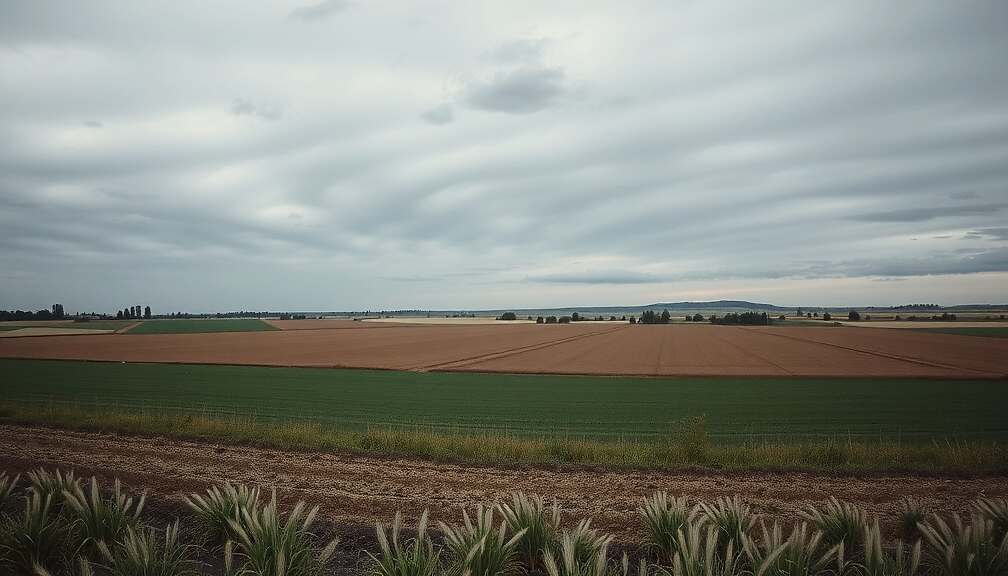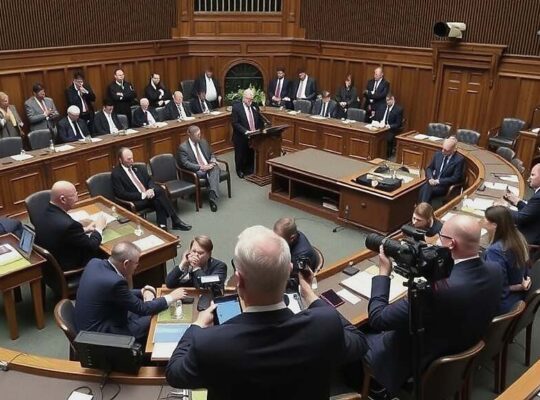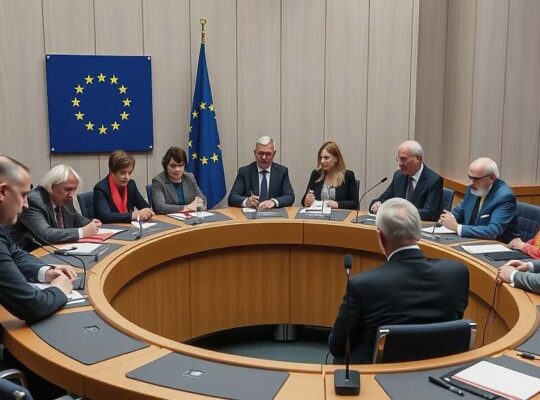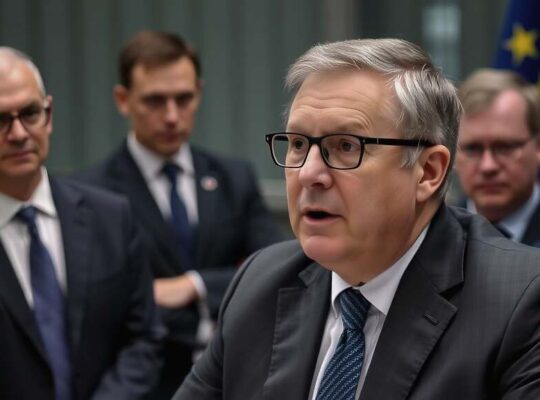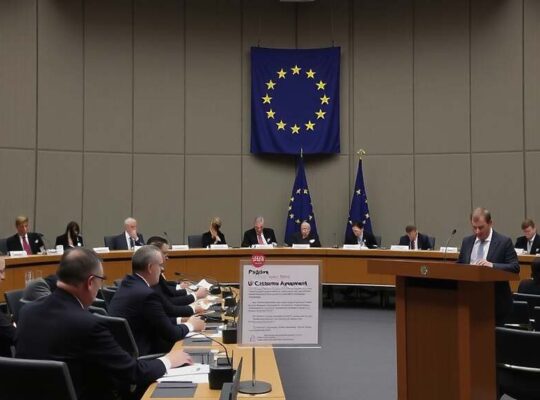A compromise reached between the European Parliament and the Danish Presidency of the Council signals a significant shift in EU agricultural policy, sparking concerns among environmental advocates and raising questions about the long-term sustainability of farming practices. The agreement outlines a loosening of environmental stipulations for agricultural businesses, particularly those operating under organic certification, in exchange for increased financial support for smaller farms and a bolstering of risk management tools for all producers.
Crucially, the revised framework grants member states considerably more autonomy in assessing whether organic farms meet specific environmental standards. This decentralization, while lauded by proponents as reducing bureaucratic burdens, raises the specter of vastly differing environmental protections across the EU, potentially undermining the bloc’s collective efforts to combat climate change and protect biodiversity. Moreover, the reduction in on-site inspections planned for organic operations has drawn criticism, with some experts warning it could lead to a decline in genuine adherence to organic principles.
The deal also includes provisions for increased payments to smallholders and an advance on direct payments, alongside expanded access to risk management instruments, intended to alleviate financial pressures on farmers grappling with volatile market conditions and the impacts of climate change. European Commissioner assessments indicate potential savings of up to €1.6 billion for farmers and roughly €200 million for member state administrations.
André Rodrigues, a socialist MEP and key negotiator for the European Parliament, defended the agreement, asserting it prioritizes farmer concerns and encourages “best practices” rather than penalizing through rigid, unclear regulations. He claimed the measures represent tangible solutions born from listening to the agricultural community.
Marie Bjerre, Denmark’s EU Minister and representative of the current Council Presidency, echoed this sentiment, framing the reforms as essential to enhancing the competitiveness of the European agricultural sector. However, critics argue that prioritizing competitiveness at the expense of stringent environmental safeguards represents a short-sighted approach that risks undermining the long-term viability of European agriculture and its contribution to a sustainable future. The agreement’s final ratification by both the Council and Parliament will determine if these anxieties translate into demonstrable consequences.


